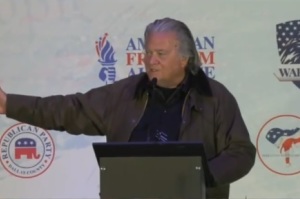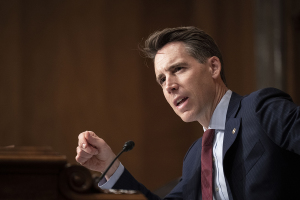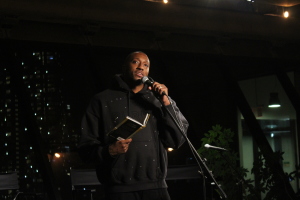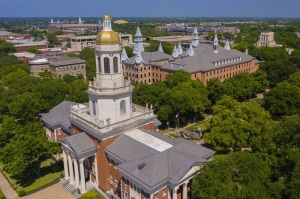'Unfair exclusion': Advocates slam Wisconsin gov.'s veto of school choice program expansion
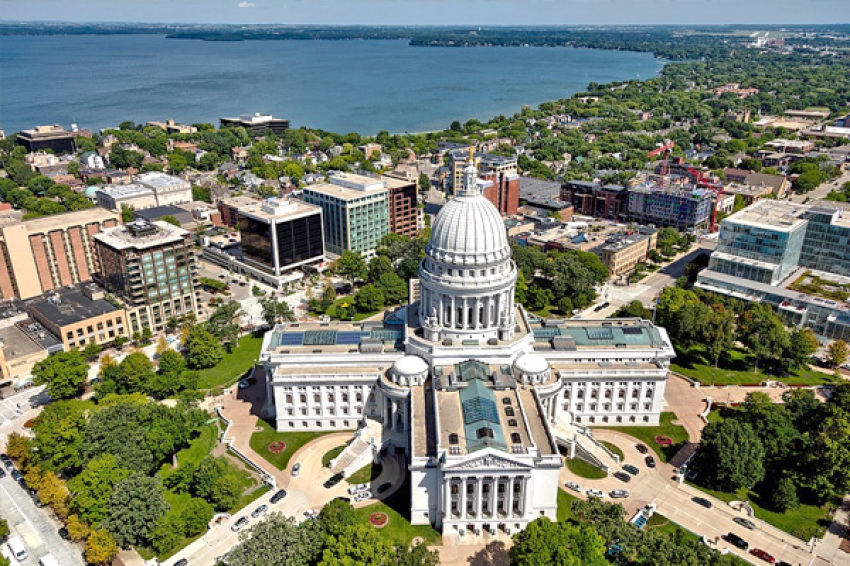
School choice advocates are criticizing Wisconsin Gov. Tony Evers' veto of a bill that would have expanded access to the state’s school choice program as the push for alternative schooling options accelerates amid the coronavirus pandemic.
The Democrat announced Friday that he vetoed Assembly Bill 59, which would enable more families to participate in the Wisconsin Parental Choice Program.
Evers said he objects to "diverting resources from school districts to private schools" in a veto message.
According to the Wisconsin Department of Public Instruction, the Wisconsin Parental Choice Program allows eligible students living outside the cities of Milwaukee and Racine to use a taxpayer-funded voucher “to attend a participating private school in grades four-year-old kindergarten (K4) to 12.”
The bill, supported by Republican legislators and opposed by Democrats, would have increased “the income eligibility for the Wisconsin Parental Choice Program to 300 percent of the federal poverty level” and allowed pupils “to submit full-time open enrollment applications to an unlimited number of nonresident school districts.”
Assembly Bill 59 passed the Republican-controlled State Assembly on a party-line vote of 60-36 and the Republican-controlled Senate on a party-line vote of 20-12. But the legislation was rejected by Gov. Evers, the state’s former Superintendent of Public Instruction.
Evers argued that because “participation in the WPCP increased by over 30 percent in the 2019-20 school year and 25 percent in the 2020-21 school [year] with the 220 percent income threshold in place,” “the current income threshold does not prevent program growth.”
Evers said he is concerned that the proposed change could have "long-term financial impacts" and lead to an increase in property taxes in some school districts. He argued that 297 school districts "have the potential for increased property taxes" because of resident students participating in the program.
"The bill would exacerbate not only property tax increases but the incoherence of Wisconsin's current school funding system among public and private schools in our state," Evers' message reads.
The legislature will likely fail to accumulate the votes needed to override Evers’ veto since support for the legislation fell short of the two-thirds majority needed to nullify a veto in both chambers of the state legislature.
CJ Szafir, president of the Institute for Reforming Government, said that the governor’s veto illustrates that he has failed to live up to his goal of serving as the “education governor.”
“With so many public schools closed this year, it’s more important than ever for policymakers to focus on giving all children the opportunity to attend a high quality K-12 school,” Szafir concluded, according to The Center Square. “Unfortunately, Governor Evers’ veto denies families access to more educational options for their children. It’s disappointing, especially when so many students are struggling.”
Justin Moralez, the state director of the Wisconsin Federation for Children, which supported the proposed expansion of the Wisconsin Parental Choice Program, praised the program for “meeting a demand, especially during the pandemic." He told The Center Square that “families in the 220%-300% income threshold are looking for the same access rather than unfair exclusion.” He alleged that Evers “has shown that he thinks some Wisconsin residents are more deserving of equal education access than their neighbors across the state.”
For the 2021-22 school year, approximately 300 religious schools have indicated an intent to participate in the Wisconsin Parental Choice Program. The Wisconsin Federation for Children reported that nearly 12,000 students were enrolled in the Wisconsin Parental Choice Program during the 2020-21 school year.
The debate about school choice has intensified throughout the coronavirus pandemic when many public schools remained closed to in-person instruction as private schools opened for in-person instruction. Additionally, the widespread adoption of remote learning made parents aware of what their children were learning at school, which, in some cases, included lessons about controversial topics such as critical race theory, Black Lives Matter and transgender ideology.
In a previous interview with The Christian Post, Hadley Manning, the policy director for the Independent Women’s Forum, expressed hope that the coronavirus pandemic would lead to policies providing all families with “an education savings account that is funded by the state and allows them to direct their education dollars” to private schools.
While the divided government has prevented the expansion of school choice in Wisconsin, other states have successfully adopted wide-reaching school choice initiatives in the pandemic's wake.
Earlier this year, West Virginia implemented what school choice advocates described as the “most expansive education savings account policy” in the country. The Hope Scholarship Program, slated to go into effect in 2022, will allow “families who withdraw from public schools” to “receive a $4,600 per-student, per-year (scholarship) for private- and home-schooling expenses.”
Last month, Florida Gov. Ron DeSantis signed into law a measure projected to allow 60,000 previous ineligible families to obtain vouchers to attend private schools. The bill will permit home-schooled students to participate in the voucher program and increase the income threshold for participation in the voucher program to 375% of the poverty level.
According to the American Federation for Children, an organization that supports school choice initiatives, 26 states and Washington, D.C. currently have private school choice programs that allow students to receive taxpayer funding to attend a private school of their choice.
School choice programs are primarily directed at low-income families and those living in low-performing school districts, but initiatives like the one in West Virginia have made access to school choice more widely available.
Ryan Foley is a reporter for The Christian Post. He can be reached at: ryan.foley@christianpost.com















